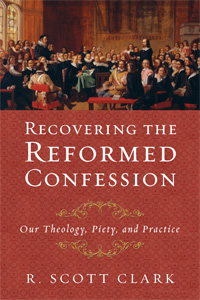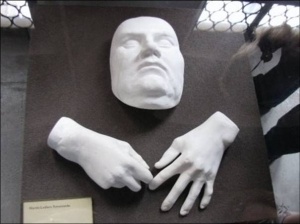It started with John Frame’s “Warrior Children” piece in 2003. In June, 2012 Anthony Bradley wondered about the decline of popular presbyterians. More recently Bill Evans has elaborated on theme of the decline of conservative presbyterianism. This morning I wake to find . . . Continue reading →
Heidelcast 13: Why the Focus on the Confessions?
An HB Classic
Both Nancy and William Twisse (and the latter is particularly remarkable since, as the first prolocutor of the Westminster Assembly, he’s been dead for centuries) both wrote to the HB sometime back to ask how Reformed confessionalists relate the doctrine of sola . . . Continue reading →









